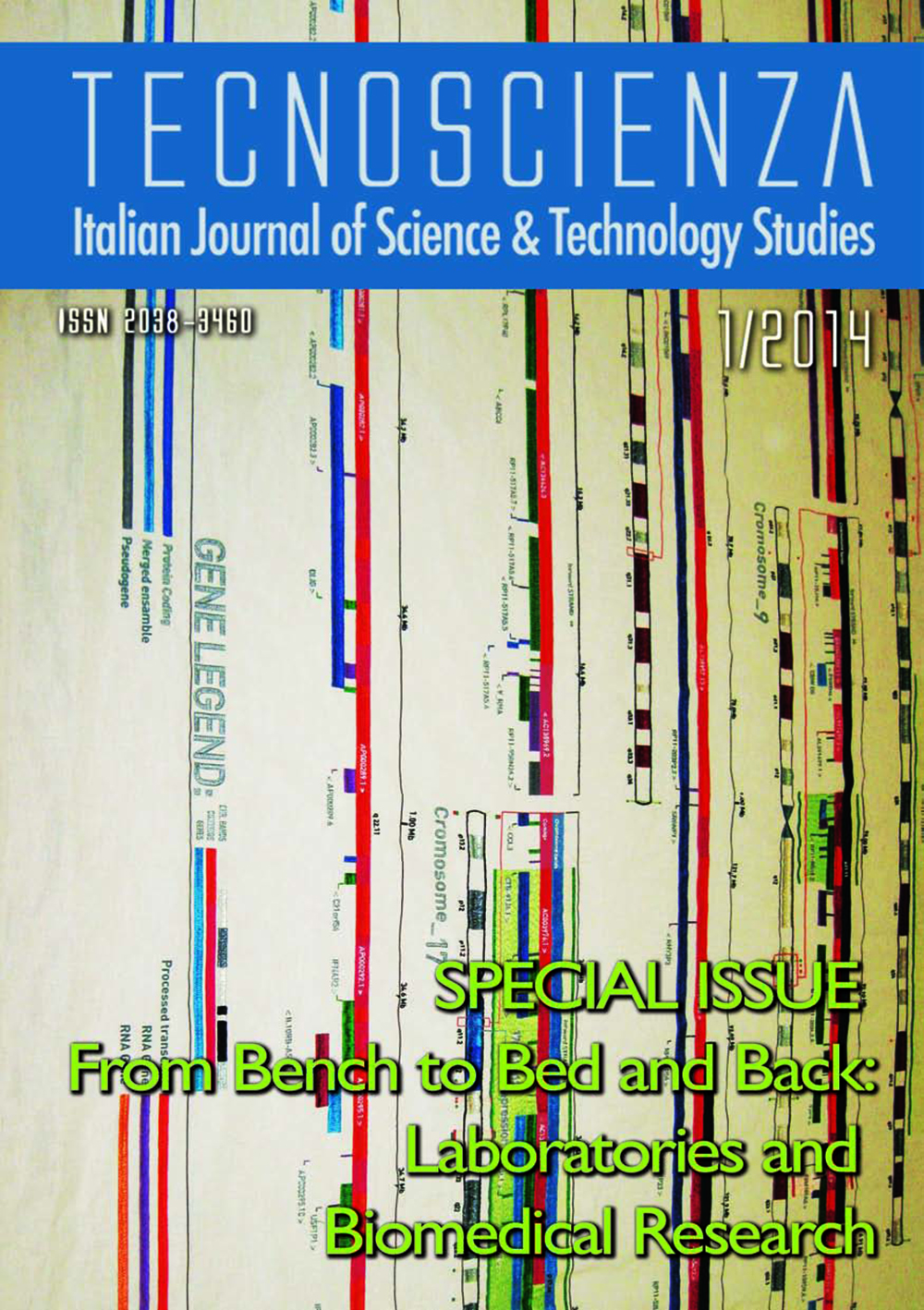The Bio-Objectification of Umbilical Cord Blood: Socio-Economic and Epistemic Implications of Biobanking
DOI:
https://doi.org/10.6092/issn.2038-3460/17170Keywords:
umbilical cord blood, biobank, bio-objectification, bioeconomyAbstract
In the current biomedical literature Umbilical Cord Blood (UCB) is considered a valid source of hematopoietic stem cells for hemopoiesis reconstitution. The acknowledgment of the potential of UCB for transplants prompted the transformation of this human tissue from a discarded human residuum to a valuable life-saving tissue. Drawing on the notion of bio-objectification (Webster 2012), this paper critically investigates the socio-technical process by which this transformation occurred, and explores the two-way interaction between basic biological research and clinical settings in which the therapeutic use of UCB was developed. Secondly, drawing on the notion of biobanks as forms of governing life, this paper analyzes how different institutional arrangements in UCB biobanking produce different routes in UCB bio-objectifications and different economic regimes of UCB exploitation. UCB biobanking thus entails diverging articulations of the relationship between biomedicine and society, and the co-construction of medical technologies, therapeutic applications, subjectivities and social rationalities.





